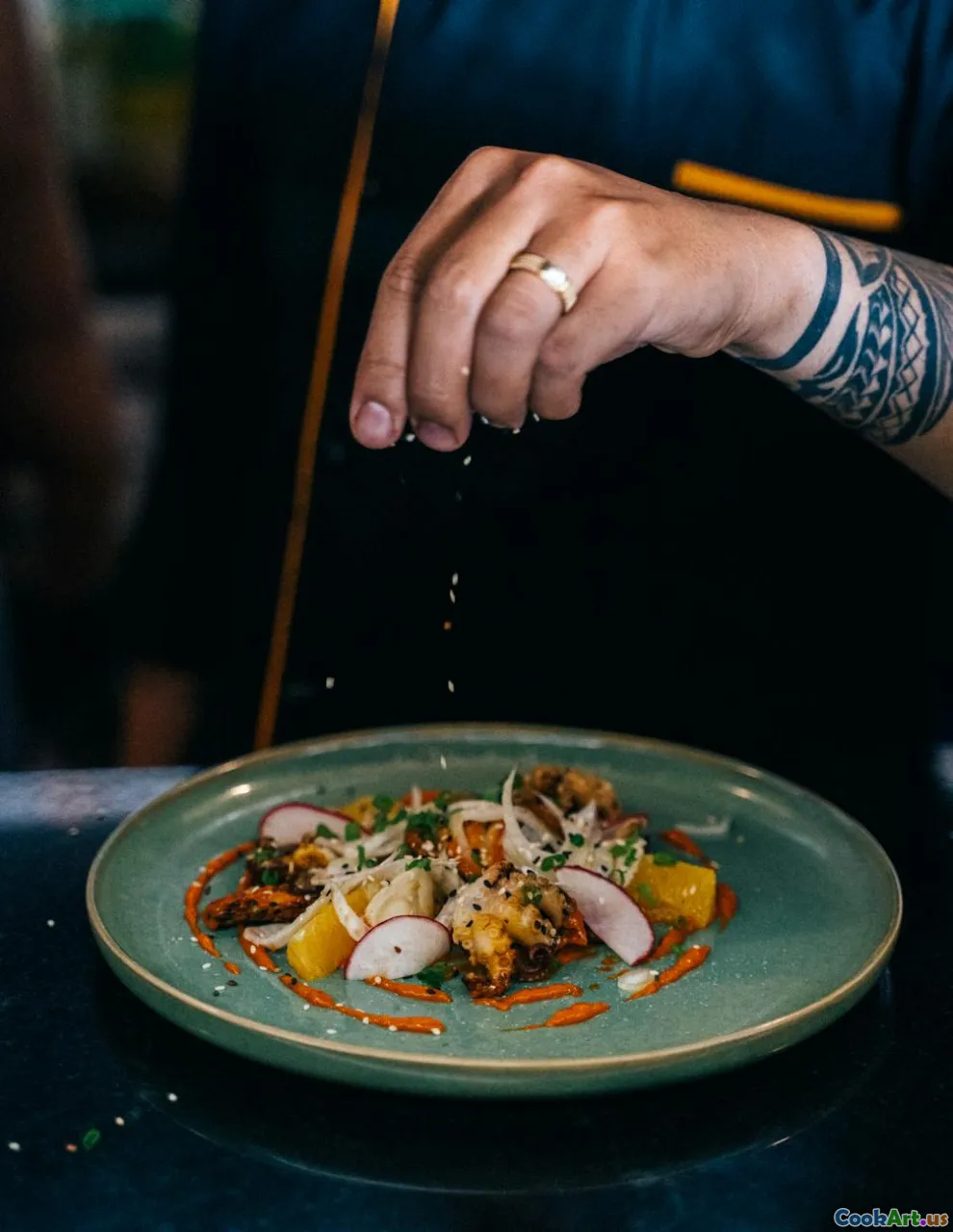The Role of Timing in Cooking
5 min read Explore how timing influences cooking techniques, flavors, and textures for perfect dishes every time. April 09, 2025 06:00
The Role of Timing in Cooking
Cooking is an art, and like all forms of art, it requires not only skill but also an understanding of the nuances that can elevate a dish from ordinary to extraordinary. One of the most crucial yet often overlooked aspects of culinary success is timing. Timing in cooking can dramatically affect flavor, texture, and even the nutritional value of the food we prepare.
The Importance of Timing in Cooking
Flavor Development
Timing plays a pivotal role in flavor development. For instance, when you sauté onions, the timing of when you add other ingredients can significantly alter the final taste. Adding garlic too early can lead to a bitter flavor, while adding it at the right moment allows it to release its aromatic oils without burning. Similarly, herbs and spices often need to be added at specific points during cooking to develop their full flavor potential.
Cooking Times and Textures
Different ingredients have varying cooking times that affect their texture. For example, vegetables like broccoli should be blanched for just a minute or two to retain their vibrant green color and crispness, while tougher vegetables like carrots may need longer cooking to soften adequately. Understanding the right timing can help ensure that each component of your dish is cooked to perfection, contributing to a harmonious meal.
The Role of Resting Time
Resting time is another critical aspect of timing. After cooking, meats should rest to allow the juices to redistribute, leading to a more succulent texture. A well-timed resting period can make a significant difference between a dry piece of meat and one that is juicy and flavorful. Similarly, baked goods like bread or cakes require cooling time to set properly before slicing; this is essential for maintaining structure and moisture.
Timing in Baking
In the realm of baking, timing becomes even more crucial. The precise measurement of time can determine the success of a recipe. For example, overmixing cake batter can lead to a dense final product if not timed correctly. Similarly, the timing of when to check for doneness can prevent over-baking or under-baking, both of which can ruin a dessert.
Cultural Perspectives on Timing
Different cultures have unique approaches to timing in cooking. In some Asian cuisines, like Chinese, stir-frying emphasizes quick cooking and precise timing to achieve the perfect texture and flavor. In contrast, traditional French cooking often relies on longer cooking times to develop deep, complex flavors in sauces and stews. Understanding these cultural approaches can enrich your cooking repertoire and provide new insights into timing.
Practical Tips for Better Timing in Cooking
- Mise en Place: Prepare and measure all ingredients before you start cooking. This practice allows you to focus on timing rather than scrambling to find ingredients.
- Use a Timer: Don’t rely solely on your intuition. Use timers for precise cooking times, especially for baking or simmering.
- Know Your Equipment: Different ovens and stovetops can have varying heat outputs. Familiarize yourself with your equipment to adjust cooking times accordingly.
- Practice Patience: Some dishes benefit from slow cooking or marinating. Allow yourself the time to develop flavors through patience.
- Learn to Multitask: Timing isn’t just about individual components; it’s about synchronizing multiple dishes. Plan your cooking sequence to have everything ready at the same time.
Conclusion
Mastering timing in cooking is an invaluable skill that can elevate your culinary creations. By understanding how timing affects flavor, texture, and overall success, you can become a more adept and confident cook. Whether you’re sautéing vegetables, resting meats, or baking a cake, remember that timing is not just a detail—it’s the heartbeat of your culinary artistry.









